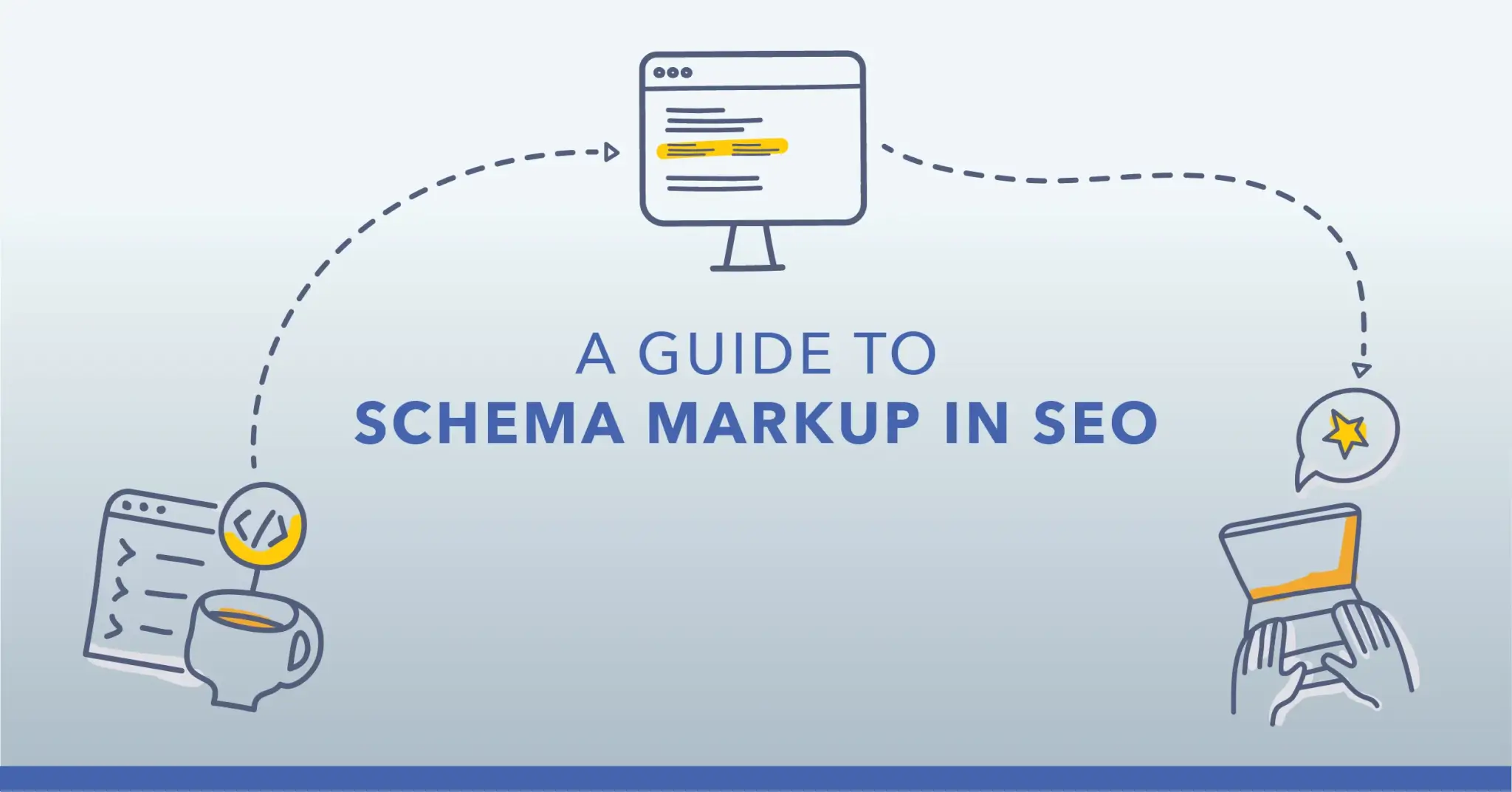Keyword research is the foundation of any effective SEO strategy. Whether you’re looking for a total first-time, top-to-bottom optimisation of your website or you’re just staying ahead of the competition, conducting thorough keyword research makes all the difference when it comes to connecting with your target audience.
No matter how many times Google changes its ranking algorithm, one thing has stayed consistent throughout the evolution of SEO into the fine art it is today. Keyword research is king, and you can trust what it tells you. Here’s how to get the best out of it…
What is keyword research and why is it important?
Keyword research is the process of finding out what language your target customers use when they’re searching online for your product or service. You can then analyse, compare and prioritise your findings based on which keywords are easiest and most difficult to rank for, and which ones will deliver the highest traffic to your page.
Remember – keywords aren’t necessarily one word long. They can be entire phrases, and often it’s those long-tail keywords that are worth ranking for – but what’s important is that you’re learning to talk how your customers talk. The closer your site matches the search terms people are using, whether it’s one word or an entire sentence, the more likely it is to appear in search results, and the more likely your customers are to convert.
Without keyword research, your audience is waiting for you but you just don’t know how to reach them – your website is shouting into the vast open space of the internet and hoping someone hears. It arms your SEO strategy with the indisputable facts of your customers’ online behaviour – telling you what they’re searching for, how they’re behaving online and even what they might do next.
What’s more, it’s about trusting what your research is telling you and talking the right language for your customers – rather than saying what you think they want to hear. Chances are those two things are very different.
All this makes keyword research one of the most valuable tools in an SEO’s arsenal – and a starting point for every other aspect of the optimisation process.
What are the key elements of keyword research?
Keyword research is a complex business that’s about much more than ticking off a list of words and phrases and making sure they’re in your website copy as prominently as possible. (In fact, this will have the opposite effect because Google has long since penalised web pages that engage in obvious keyword stuffing.)
It’s much more nuanced than that – you need to be creating content and deploying keywords that both match Google’s criteria and appeal to the user, while coming across as authentic and knowledgeable. Shouting out buzzwords in your copy is not only off-putting but customers can spot it a mile away.
There are a few key elements that you need to consider when you’re conducting keyword research – and creating content off the back of it:
Relevance
This is where the difference between your users’ search intent and your business aims comes into play – in an ideal world, the two should always match, but your content will only rank for a keyword if that keyword genuinely reflects the needs of the customer. They’ll have demonstrated it by using the term organically.
Google will rank content for relevance – so making your page the resource that best answers a customer query is by far the past way to float upwards in the SERP rankings. If someone else is providing better value for a particular keyword, you can be sure that they’ll rank higher. So don’t just mention the query – answer it in a relevant and useful way.
Authority
The more trustworthy your website is, the more likely Google will rank it highly for a particular keyword. This can be a tricky game if a keyword’s SERPs are full of well-established household names, so the more authority you can lend your site, the better your chances.
That’s another reason why authenticity is key in SEO – you can’t fake authority, and you can’t blag your way into an SERP without really knowing your stuff. So once you’ve gathered the most relevant keywords for your page, it’s your job to create something that’s genuinely informative, useful and a little bit different from the rest. This will come to earn the kinds of backlinks that Google looks on favourably, and before you know it you’ll be armed with that rarest of commodities on the internet – authority.
Volume
This one might sound obvious – after all, if three people per month are searching for a keyword, then there’s not much point in trying to rank for it. You wouldn’t open a shop selling surfboards in the middle of a landlocked country.
But that’s where the difference between easy to rank for and worth ranking for comes in.
The chances are that if a keyword has a higher MSV (monthly search volume), it will be all the more challenging to rank for, but like any aspect of SEO, this is about playing the long game – the rewards will be much greater in the long run.
How to conduct effective keyword research
There’s no one way of doing keyword research, because every website is different, and every business offers something unique. If you’re offering something incredibly niche like hedgehog-shaped handbags, the process of ranking for your target keywords is going to be different from trying to advertise a hamburger restaurant. But many of the principles are the same, and if you use the following as a template for the process you can’t go too far wrong…
Choose your seed keywords
It might seem like the great conundrum of keyword research – where to start. How do you know what keywords to research if you don’t yet know which ones your customers are using?
But the chances are you’ve got a few keywords in mind that you know you want to rank for – and even if they’re not exactly the right ones, they’re a start. Think about the way that people are most likely to describe your product or service and use these as your seed keywords.
Seed keywords are the starting point for your research – so even if the initial list you compile seems obvious and not very insightful, you’ve taken the first step towards finding out exactly how your customers are talking about your product.
Bulk out your initial keyword lists
You can enter your seed keywords into a keyword research tool to start finding out about search volumes as well as discovering similar keywords. So even if you’re starting out with a few single-word keyphrases, these will lead you to discover the kinds of specific long-tail keywords that actually match what your customers are searching for. And that’s where the gold lies.
Don’t underestimate how important those very particular long-tail keywords are for your business. You might think it’s better to rank for a generic term that gets Googled countless times per day, but the customers who are searching for something specific are much more ready to spend their money.
The more keywords you’ve got on your list, the more scope there is for you to explore relevance, search intent and search volume – and get a sense of what you should be aiming to rank for. And there are other ways to broaden your horizons…
Explore related search terms
You might be surprised by what’s relevant to your webpage when it comes to keywords. It’s worth inputting the search terms on your list into Google to see what appears in related search terms – these can be equally fruitful even if they don’t immediately appear to be relevant.
Incorporating these into your list of keywords can spark other ideas that might be worth thinking about – and the more you allow these inspirations to guide your research, the more it will branch off into different areas, any of which could prove to be rich sources of unexpected traffic.
Use research tools
Choosing the right keyword research tool will mean you have access to invaluable insight into the phrases your customers are using online. Not only will you discover suggested keywords based on your seed list but you’ll get unique insights into just how valuable these keywords are.
From search volume to ranking difficulty and even data on where certain keywords are being used, having the full picture on the potential of your keywords will increase the chances of success in your research process.
What you’re looking for is not just a list of keywords to try out, but concrete information on which of them you should be concentrating the most effort on. A good keyword research tool will give you that, and these are some of the most trusted ones:
- Ahrefs
- SEMrush
- SECockpit
- Keywords Everywhere
- Moz
- KeywordTool.io
- Ubersuggest
- Google Keyword Planner
- KWFinder
Consider search intent
As mentioned above, there’s likely to be a difference between what you think your customers are searching for, and what they’re actually searching for. Your product or service might be the best thing since sliced bread, but they don’t know that yet – so your job is to communicate that to them in language that they’re already using.
Search intent is about understanding where users want a keyword to take them. There’s a big difference between keywords that will work effectively on a product page and those that you should include in a blog post – and that’s because of search intent.
Is someone using a keyword because they’re ready to spend money, or because they’re looking for information? If the answer is the latter, that doesn’t mean they’re not going to be ready to convert further down the line. You just might need to establish some trust and authority with them first, and a keyword that helps you do that can be just as important as one that gets users clicking ‘buy’.
Conduct competitor research
Your first instinct might be to rank for the same keywords your competitors are ranking for – but higher. This is a perfectly effective route to go down, although depending on the sector you’re working in and the ranking difficulty of your keywords, it can be a long battle. What’s more, they’ll soon be looking to reciprocate.
What can be just as effective when you’re carrying out competitor keyword research is identifying those high-volume keywords that your competitor isn’t ranking for. Those missed opportunities can be a surprisingly effective way to get ahead – and stay ahead.
Analysing keywords for your website
So you’ve done your keyword research. That’s a big step, and a critical part of the SEO process, but it’s not going to get your page ranking by itself. Analysing those keywords in the most insightful way that can be practically applied to your SEO strategy is the key to opening up the rewards from your hard work.
Prioritising keywords based on key elements
There’s a fine art to prioritising your keywords, and focusing on the right elements will mean you’re prioritising the most useful keywords rather than the ones you think your brand should be associated with (there’s often a difference). Here are the areas to consider:
- Search volume. This is the number of times a keyword is searched per month, and it’s important to remember that it counts searches, not searchers. This gives you an idea of which keywords are going to be impossibly competitive, and which might be low-hanging fruit.
- Clicks. Not everyone who searches for a keyword clicks on the result. The number of clicks can often be significantly lower than the number of searches, especially if the SERP gives the answer to a question in the form of a featured snippet. This number gives you an idea of where there are opportunities to get clickthrough.
- Traffic potential. It’s important to know how much traffic the top-ranking pages for your chosen search queries currently get, and measuring this against your current figures and your goals. That way you know which keywords will bring you the big gains and which aren’t worth focusing on.
- Keyword difficulty. Don’t be put off by the word ‘difficulty’ – this piece of information isn’t meant to tell you what not to focus on. Staying away from more difficult keywords is a mistake because taking the time to gain authority on a keyword can mean lots of backlinks.
Check the SERPs of your keywords
It’s all well and good collecting back-end data on which keywords might be useful, but there’s nothing like getting stuck into the search engine from the customer’s perspective and seeing what’s ranking.
The top-ranking pages for your chosen keyword might not be using it in the way that you’d expect – and what you want to aim for is a combination of emulating this high-ranking content and bettering it. What are you not doing?
Combine high volume and long-tail keywords
High-volume keywords might be the obvious ones in many cases, and long-tail keywords might be much more specific to your product or service – you’ll find that customers are asking about it in ways you hadn’t even thought of. But neither of these categories should be overlooked in favour of the other – the ideal keyword strategy combines both.
That’s because high volume keywords can represent quick wins, which are a valuable part of your strategy, while long-tail keywords are often used by the high-quality, high-search-intent customers who know exactly what they’re looking for (and it’s you). Get them on side, and you’re on the road to success.
Your keyword research specialists
At Distinctly we’ve created successful keyword strategies for businesses of all shapes and sizes, connecting them with the customers that didn’t even know they were searching for them. Our SEO specialists will create a tailored keyword research strategy that’s designed to maximise your chances of ranking successfully, and we’re constantly refining our methods.
Click here to find out more about SEO services.











































